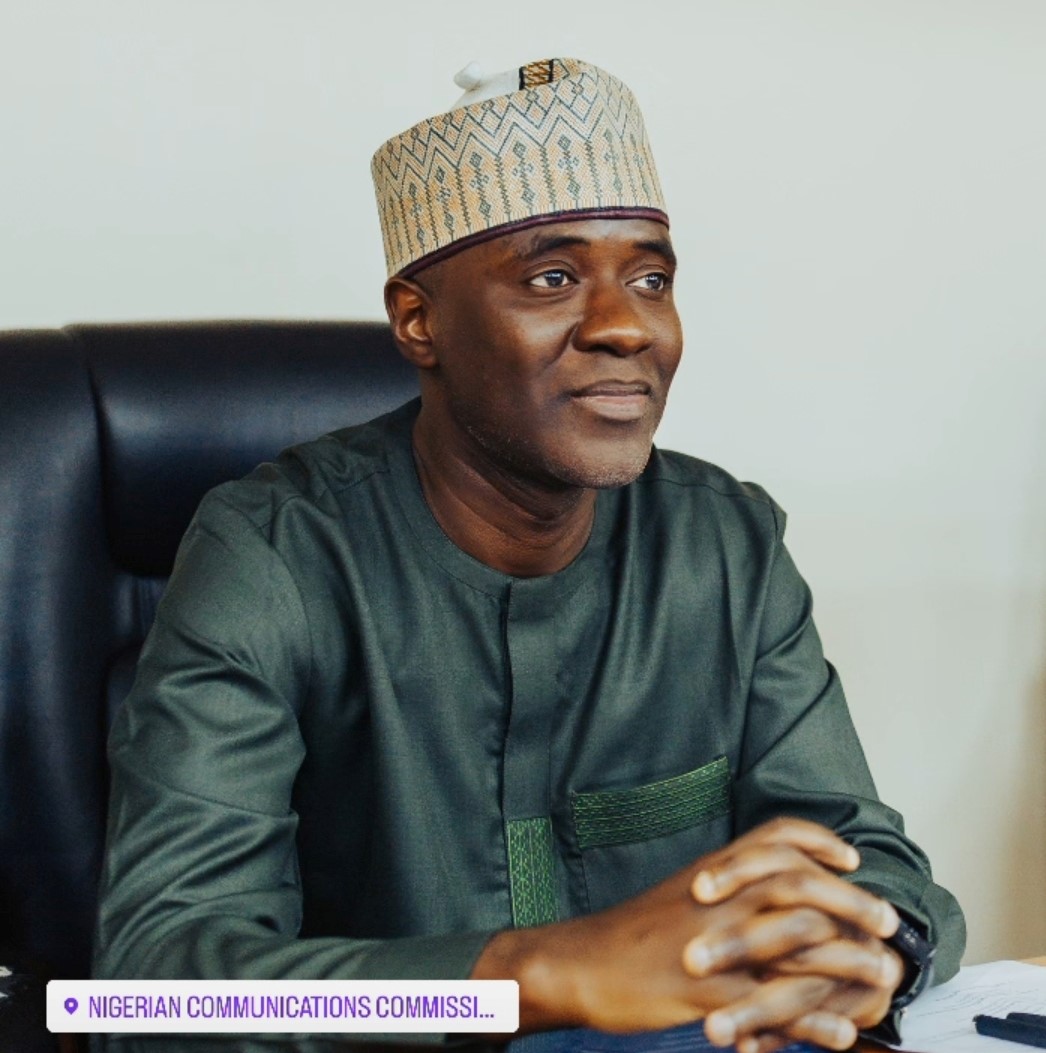The executive vice chairman of Nigerian Communications Commission (NCC), Prof. Umar Danbatta has revealed that “The monthly data usage in Nigeria is about 40 million terabytes.”
He made the disclosure while playing host to the visiting chairperson of Liberia Telecommunications Authority (LTA), Madam Angelique Weeks, who paid him a courtesy call in Abuja recently.
Now, looking at the given statistics by the NCC boss, the Business Hilights Economic Research Team (BHERT), decided to calculate what is the value of 40 million terabytes in monetary terms.
Otherwise, across several networks offering data services, 1.5 gigabytes of data costs averagely about N1000. This means that one terabyte is equivalent to N666,666.67k
Now, multiplying this figure (N666,666.67k) by 40 million, it means that the total amount spent by Nigerians on a monthly use of 40 million terabytes will be N2.67 trillion.
Some industry analysts say this whooping amount drained by networks offering data services may have been one of the main factors considered by the regulator in developing cold feet in reviewing the Data price Floor (DPF).
It would be recalled that several months ago when the NCC attempted to announce the review, discordant voices trailed the move which prompted the Senate to stop the move.
But according to leading Internet Services providers (ISPs), the delay is frustrating their investment as major networks operators (MNOs) who make fortunes from voice calls are providing cheaper alternatives for data users in the industry.
According to the managing director of Spectranet 4G LTE, the nation’s most subscribed ISP, Mr. David Venn, “The delay is not reviewing DPF is another way of discouraging healthy competition in the data market which translates to poor investment.
However, explaining more on the surging data usage in Nigeria, NCC boss expressed optimism that the country would undergo a massive ICT transformation by the time the excess data capacity at landing point in Lagos is deployed to the hinterland through licensing of Infrastructure Companies (InfraCos).
In his further submission, Danbatta averred that the broadband penetration in the country currently stands at 21 per cent, as Nigeria is inching toward 30 per cent penetration next year, which is in line with its National Broadband target.
According to him, NCC has already approved spectrum trading consistent with one of the items of the 8-Point Agenda introduced by his administration at inception.
Part of the target of the spectrum trading arrangement is to drive optimal use and benefits of spectrum, and ensure that no acquired spectrum is left unutilized in Nigeria.









